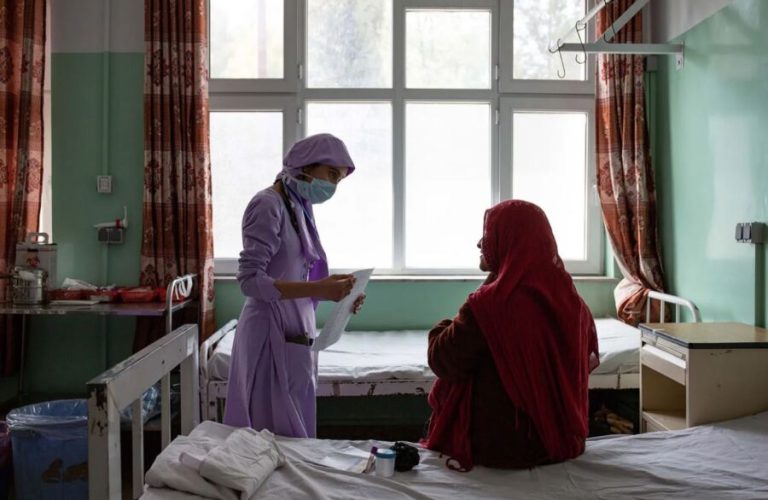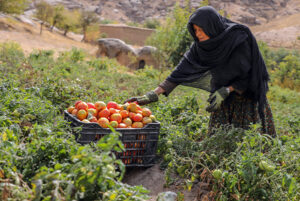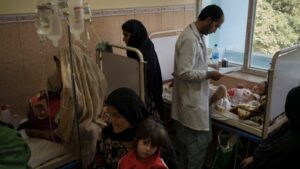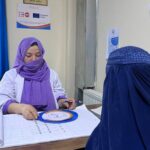The United Nations Population Fund (UNFPA) has warned of the high maternal mortality rate in Afghanistan, stating that the healthcare system urgently requires 18,000 midwives. The fund cautioned that if this need is not met, the lives of many women will be at risk.
Afghanistan has one of the highest maternal mortality rates in the world. The UNFPA emphasized that midwives can meet about 90% of the immediate reproductive health needs of mothers, newborns, and adolescent girls. According to the report, there is also a global need for approximately 900,000 additional trained midwives.
In Afghanistan, there is an urgent need for 18,000 skilled midwives to address the demands of hospitals—a shortfall that could endanger many lives if not compensated. The UNFPA noted that in 2021, it supported over 70 family health clinics in Afghanistan; however, this number has now increased more than sixfold to 477 clinics despite a highly challenging operational environment.
These clinics have helped over five million Afghans access vital health services, especially in remote and difficult-to-reach areas.
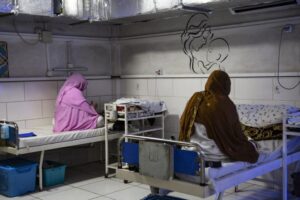
High Maternal Mortality Rates in Afghanistan
The UNFPA report states that Afghanistan has long had one of the highest maternal mortality rates in the world, with one woman dying every hour due to complications from pregnancy and childbirth. According to the fund, these deaths are largely preventable with skilled midwifery care.
The UN Children’s Fund reported that for every 100,000 births, 638 mothers lose their lives during delivery, attributed to poverty, limited access to healthcare services, and gender inequality.
The fund highlighted the restrictions imposed by the caretaker government on women’s education, work, and travel, stating that the outlook for women and girls—and future generations in Afghanistan—appears increasingly perilous.

